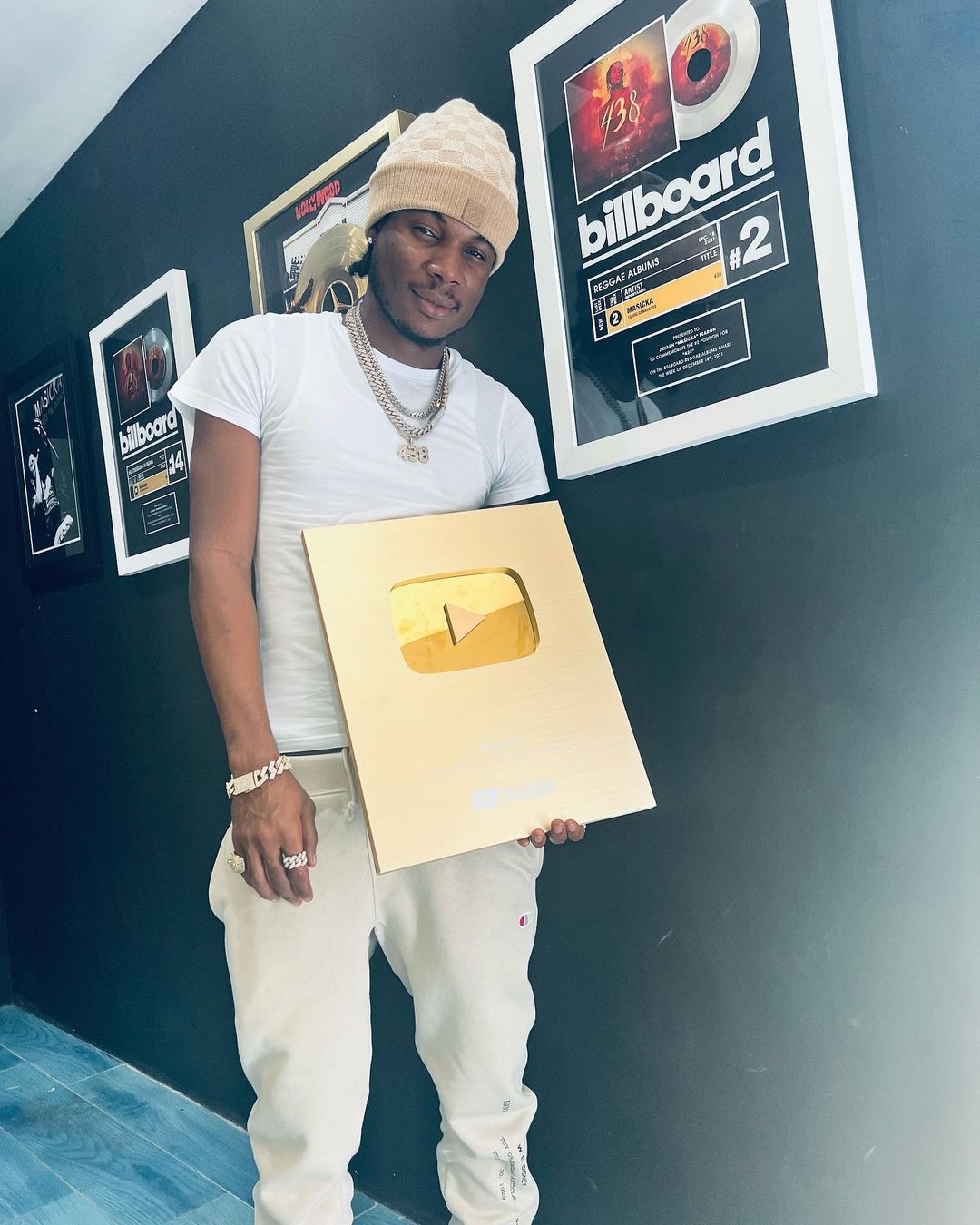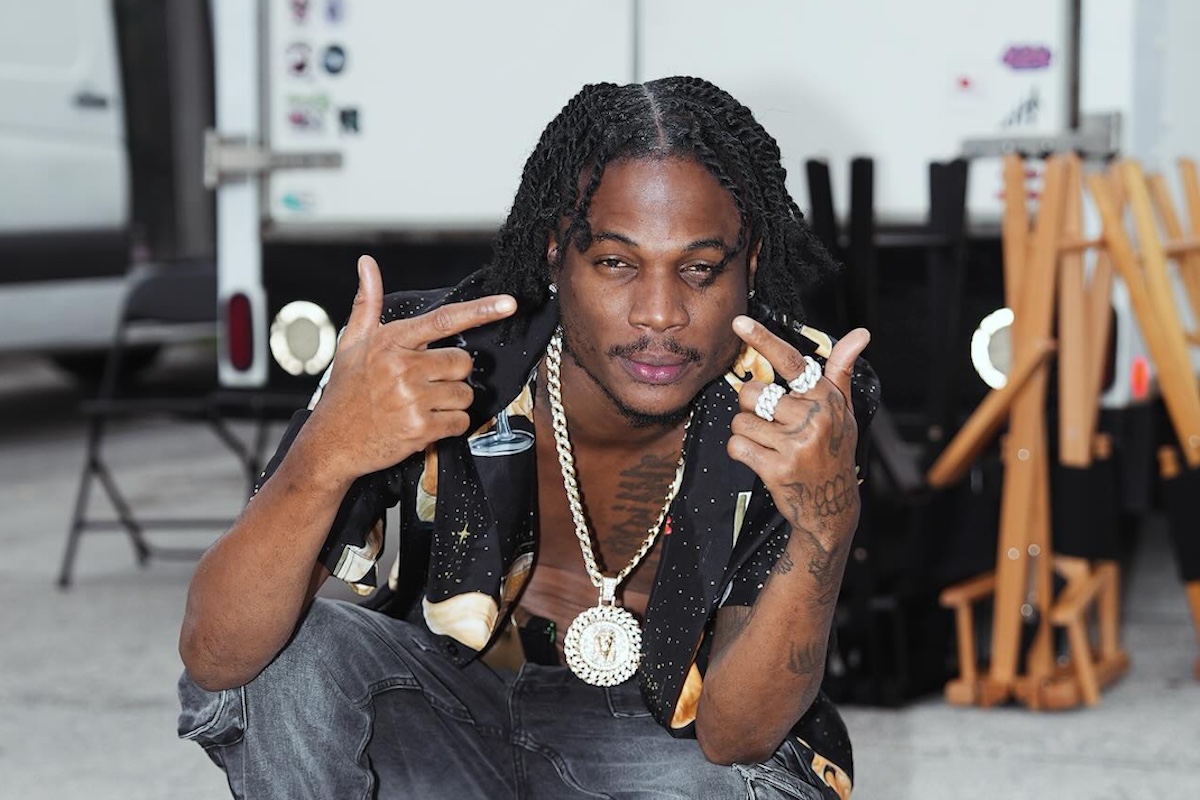Masicka shed some light on his reasons for signing a major label deal with Def Jam, something that is not common among hardcore dancehall artists. The Portmore native inked his first major label deal at the top of 2023 and immediately commenced working on his latest album, Generation Of Kings, which was released on December 1, 2023.
Masicka was one of the dancehall artists at this week’s Island Music Conference, IMC, held at the Courtleigh Auditorium in Kingston. The “Hit & Run” deejay opened up about his reasons for signing with Def Jam and how he thinks the deal has benefited him, citing that a big payday was not the driving factor in his decision.
The Genahsyde leader admitted that he has brought his career to a certain level by himself with his manager, where he is well known throughout the Caribbean region and the diaspora. However, he reached that stage where he now wanted a team to get him to the next level and felt a major label like Def Jam was the move for him.

“I have done everything I could throughout the Caribbean,” he said. “Like, I’ve been to most of the countries like six, seven, eight times and for me it’s more structure— not money. Doing it yourself, it’s time consuming and yuh a go need the right team. Personally, with the record label, I already had a structure working off so it wasn’t from scratch. So, they come in now and dem can seh, ‘alright, this is the direction, we have this to spend, this is the kind of connections that you need, this is the kind of stuff that you do.”
Masicka admitted that it is not easy for a Caribbean artist to crossover unless perhaps you’re a pop or hip hop artist like Rihanna or Nicki Minaj.
Masicka on retaining creative control
One of the drawbacks of artists signing to major labels is maintaining creative control over their music. We’ve seen artists like Shenseea complain about that issue over the past year where, which even caused a fallout between her and her label head, Rvssian.
“I always wanted it to be a case where I kept who I was; my integrity and not changing my sound and stuff,” Masicka said. “I’m not objected to learning, but that was a major concern— the direction of the music. A next thing was the possible chance of leaving if everyone wasn’t comfortable, ’cause you can be locked up in these deals.”
Masicka added that he had the contract for a year and a half before he decided to sign with Def Jam. “I had the contract for like one-and-half year, to be honest,” he shared. “Me and my lawyers and my team went through it, but they were so adamant that they want to sign me— big up Tunji, really good person. Those were some of the questions, if I can leave the deal after the number of albums, how the publishing split, and stuff like that… my socials; I want to still control my socials. I don’t have no problem with them overseeing it, but just the identity remaining who I am with expressing the music the same way.”
Masicka used the opportunity to remind stakeholders in dancehall that music is still selling and that his compilation album, 438, is still moving units even after dropping off Generation Of Kings.
